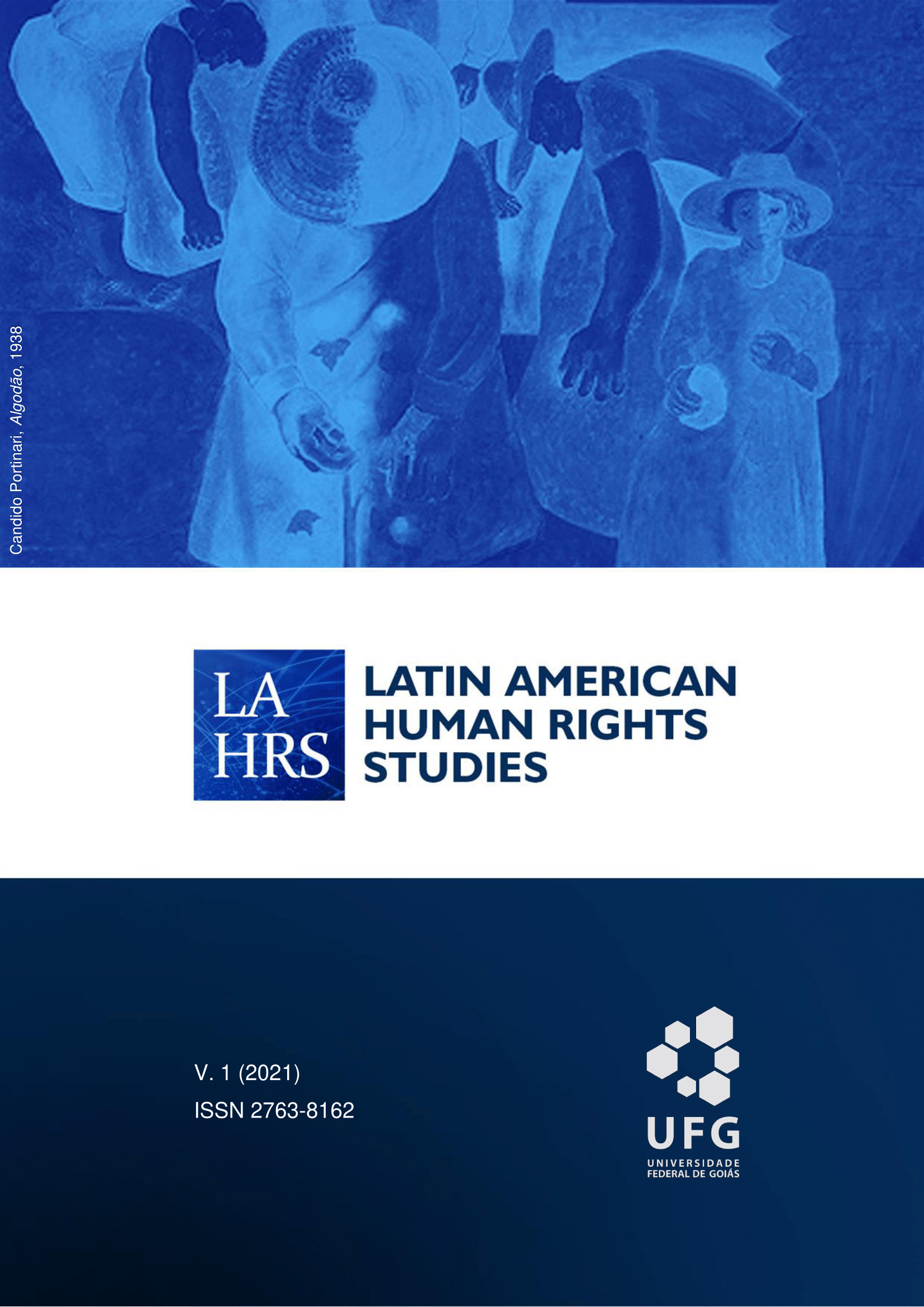The Problem of Automated Facial Recognition Technologies in Brazil: Social Countermovements and the New Frontiers of Fundamental Rights
Keywords:
Facial Recognition Technology, Fundamental Rights, Social Movements, BrazilAbstract
This article analyzes the characteristics of automated facial recognition technologies and their response by civil society organizations in Brazil. We analyze two arguments in this debate: the endemic bias argument, which seeks to correct unjust and potentially racist consequences, and the endemic oppression argument, which identifies a set of facilitators of systematic violation of fundamental rights. We present the concept of countermovements to explain the possibilities of legal contestation of the dissemination of facial recognition and explain how the argument about recognition can move from the logic of bias to that of oppression, with the possibility of changing the regulation to ban this technology in certain uses.
Downloads
Published
Issue
Section
License
Copyright (c) 2021 Latin American Human Rights Studies

This work is licensed under a Creative Commons Attribution 4.0 International License.
CC BY (Attribution 4.0 International): This license allows reusers to distribute, adapt, and build upon the material in any medium or format, so long as attribution is given to the creator. The license allows for commercial use. See the full license.


